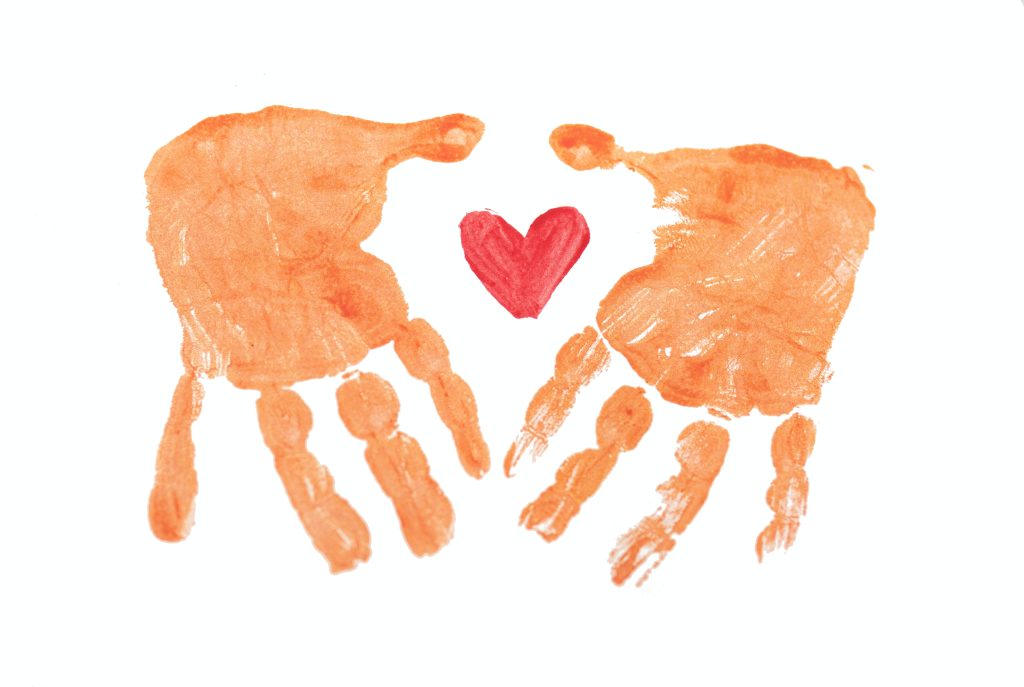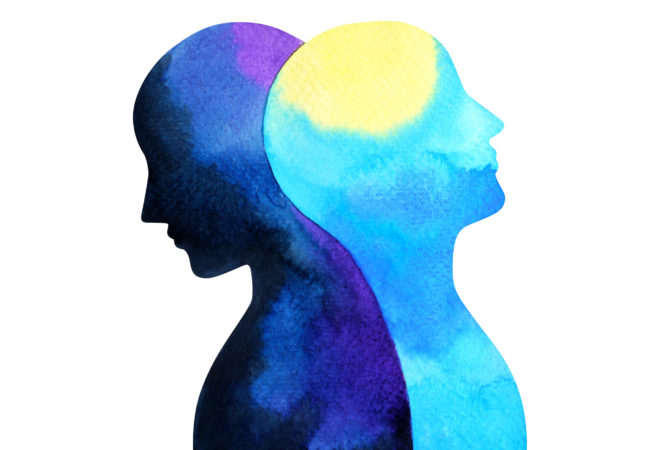Mental health and mental illness fortunately have always been two comfortable subjects within my family. I grew up upper-middle class in a small community within a large metropolitan city, with the addition of having a mother who works as a licensed clinical social worker.
My upbringing gave me the undeniable privilege of access to mental health resources; my mother gave me the awareness from a young age of the importance of mental health, moreover the struggles that often come with facing mental illness.

Family openness to discussing mental health
Because of the closeness and openness, I had with my family, mental health and mental illness were both topics discussed with me throughout my childhood, continuing on to this day.
Growing up as a white child, I quickly became aware of my value in society because of the color of my skin. However, it is needless to say that mental illness affects those of all ethnicities, genders, ages, and socioeconomic backgrounds. Through my experiences, education, and family, I learned that poor mental health can be brought on by many things out of individuals’ control — genetics, social isolation, trauma, and experiencing discrimination.
In my community, some of the earliest phrases regarding mental health that I heard thrown around in both social and educational settings were things such as, “It’s OK not to be OK,” “You are never alone,” “Mental health is a priority,” etc. Constantly hearing these things did make mental health a prevalent topic, but in retrospect were often said with little information given to support them. I think this largely reflects what mental health looks like in a white urban community. Mental health and mental illness are “normalized” topics, but they still seem to be far from a priority or entirely comfortable conversation topic.
[Related: Racism and Mental Health]
The lack of importance placed on education and conversations surrounding mental health has always been difficult to grapple with coming from a place of privilege. I know that if I need someone to talk to I can not only turn to my family, but also to a therapist. I know that the stigmas surrounding mental health are just stigmas, not ideas that I feel afraid of being associated with. I know that if I ever needed any form of mental health treatment, the cost would not be the main concern.
Even at the most basic level, I know that I am informed about mental health. That being said, my personal privilege surrounding mental health did not change the fact that I still heard micro-aggressions made about mental illnesses; I still saw close friends disregard the fact that they needed help; I still felt the lack of sincerity many spoke with when discussing mental health. Together, these things all shaped my understanding of the fact that no matter how fortunate you may be, mental health is not a priority to many.
As a teenager, I worked at a local teen-to-teen crisis hotline where shift after shift I heard very similar stories from very different types of people. I quickly realized firsthand that mental illness did not discriminate, but people did. My own comfortability in dealing with and discussing mental health allowed me to see that while everyone has their struggles, those struggles are exacerbated tenfold by marginalization.
Whatever mental health difficulties or mental illness I grew up witnessing never had the added stressors that come along with financial struggles, or from being part of a minority. Both the experiences I gained from the community I came from and my family taught me that mental health is important, not properly addressed, and extremely aggravated by a multitude of factors that white privilege shielded me from.
Altogether, I see clear problems with my own community’s attempts to address mental health, which affected my views on the topic. With the level of resources, and educated professionals available to speak on mental health and mental illness, I do not think enough was done. That being said, I am grateful that I grew up in an environment where such topics were even discussed because that is far from the case in many cultures and communities.
Additionally, I was fortunate enough to have a family that highlighted the importance of mental illness and discredited any stigmas that are associated with mental illness. They are responsible for my awareness that my whiteness gives me an unearned level of privilege and power throughout all aspects of my life, including the system of mental health.
But more importantly, they are responsible for negating any idea that mental illness is discriminatory. It can affect anyone, no matter what power they hold, the wealth they have, or the color they are.

